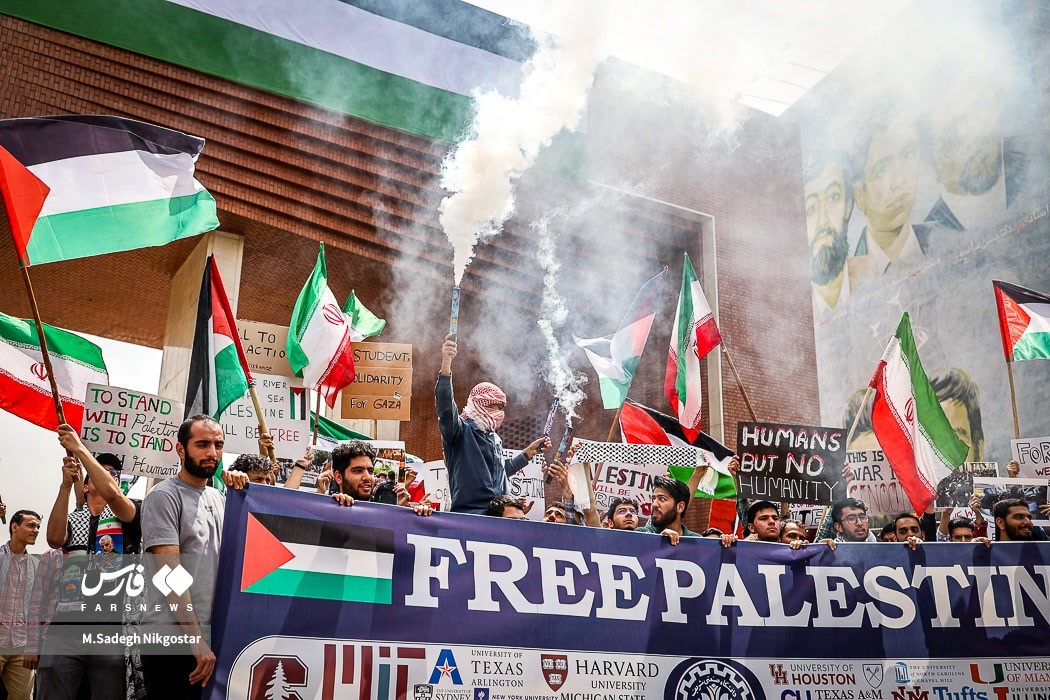Intersectionality, the understanding that social identities and systems of oppression intersect and influence one another, is essential for building inclusive and effective solidarity movements. In the context of the Palestinian struggle, intersectionality calls attention to the interconnected nature of oppression, including colonialism, imperialism, racism, and sexism. By centering intersectional perspectives in their solidarity work, academics can foster alliances with other marginalized communities and advocate for holistic solutions to global injustices.The gathering of Sharif University academics in solidarity with American and European students who support Palestine represents a powerful assertion of shared values and collective action in the face of injustice. As voices from across continents converge to demand justice for the Palestinian people, scholars at Sharif University and beyond affirm their commitment to a world where human rights, dignity, and equality prevail. Through continued solidarity, advocacy, and collaboration, they pave the way for a future where the aspirations of the Palestinian people are realized, and peace and justice flourish in the Middle East and beyond.
Sharif University Students Rally in Solidarity with American Uprising
[custom_adv]

